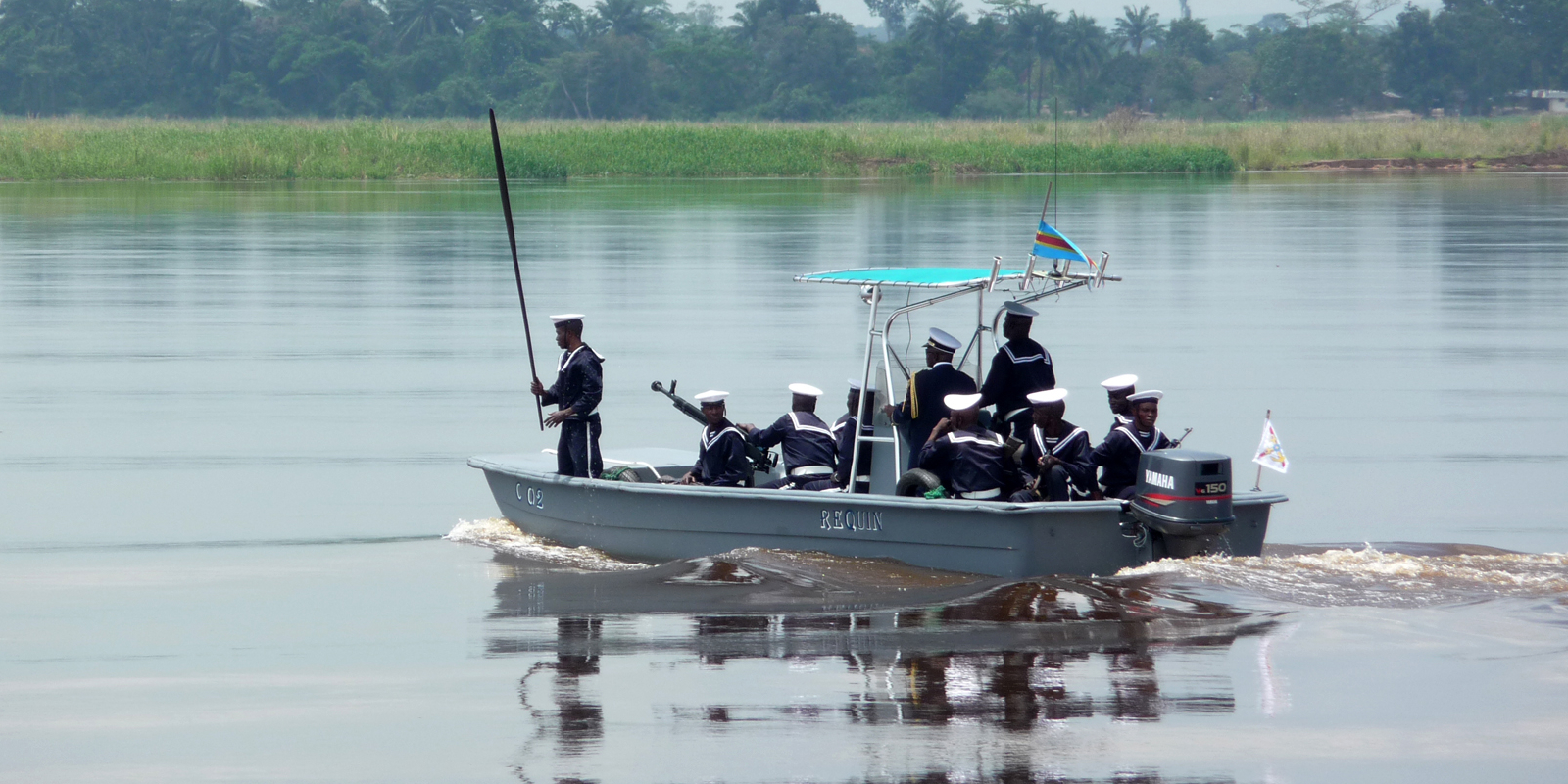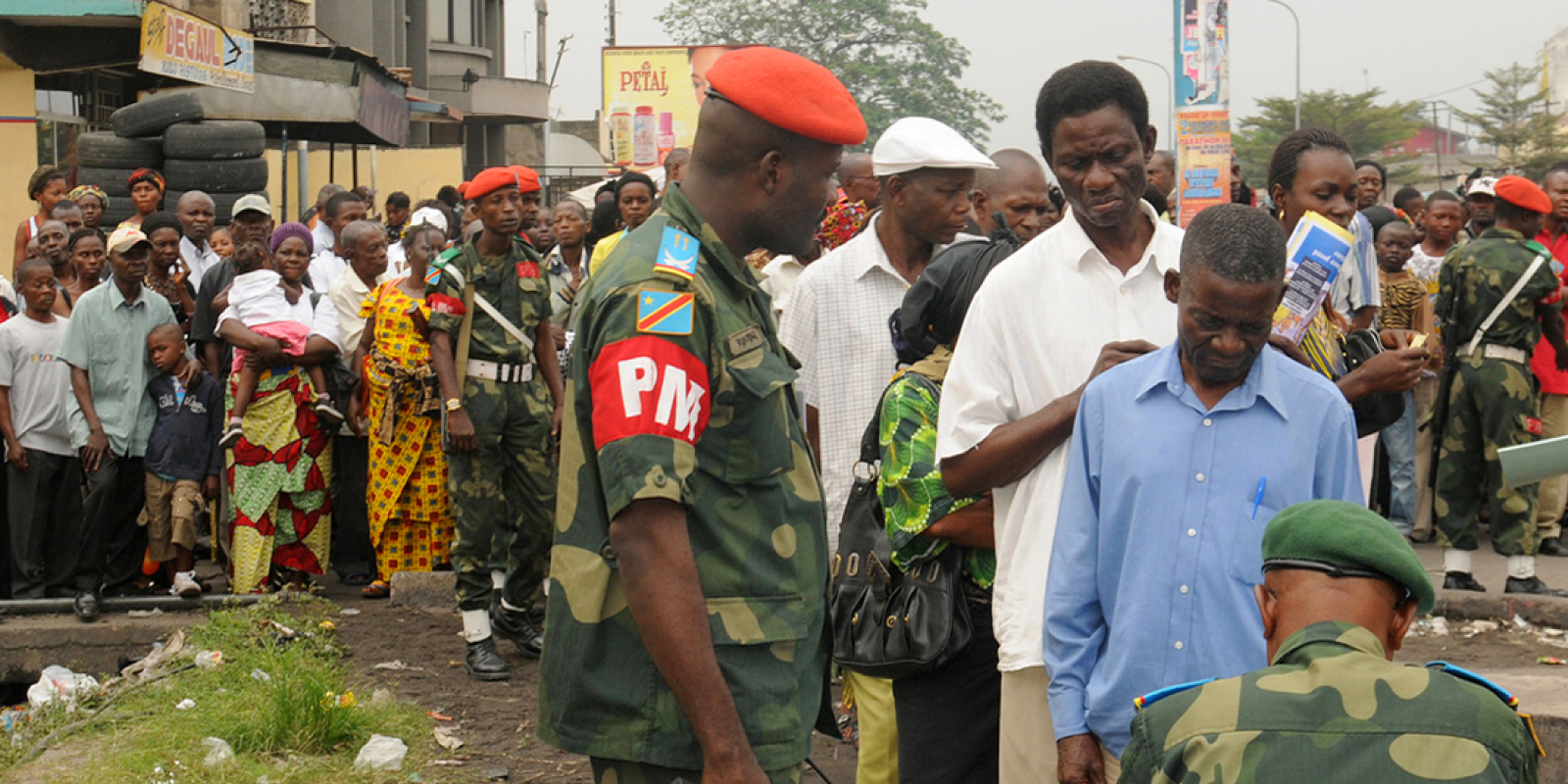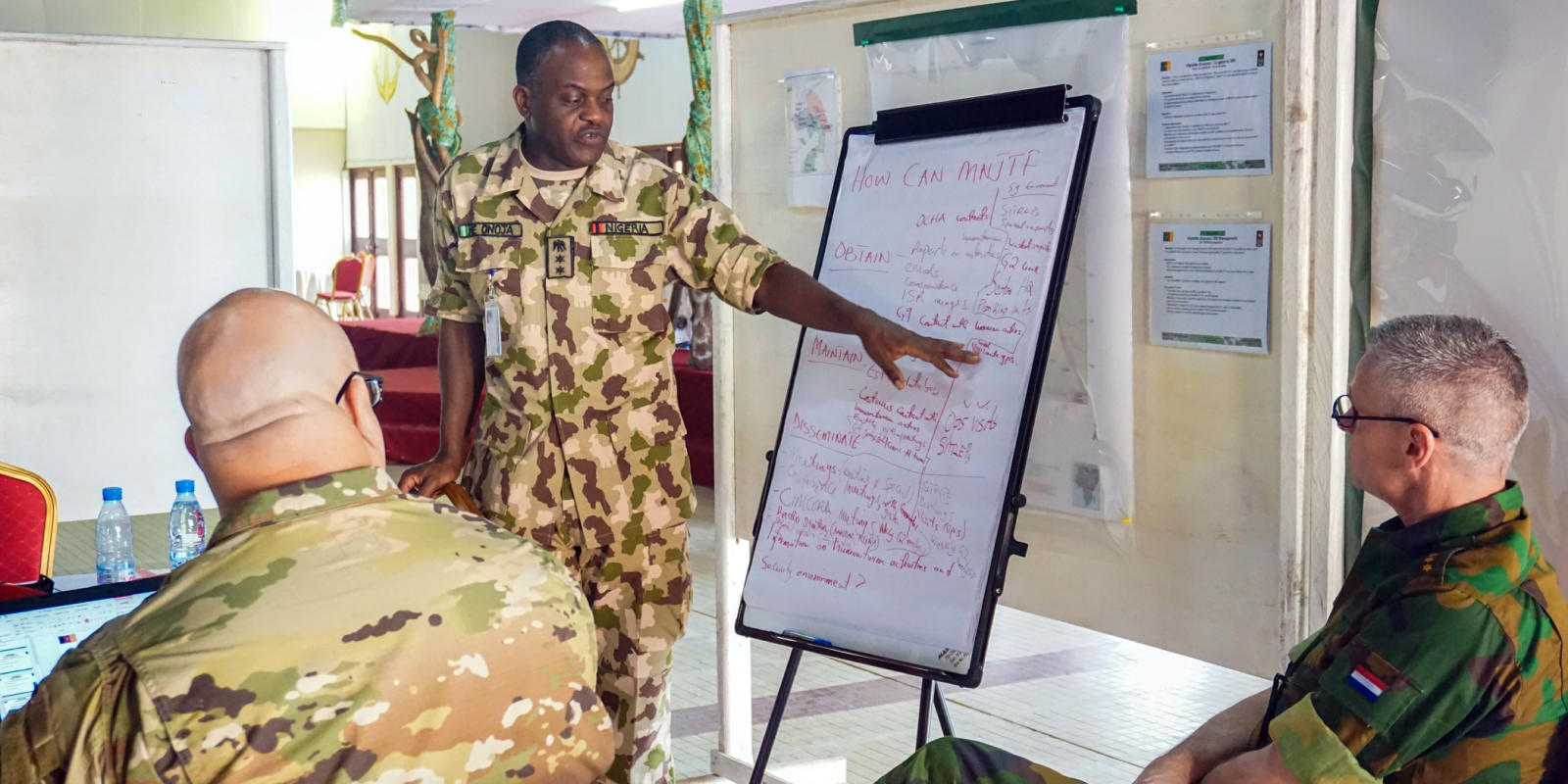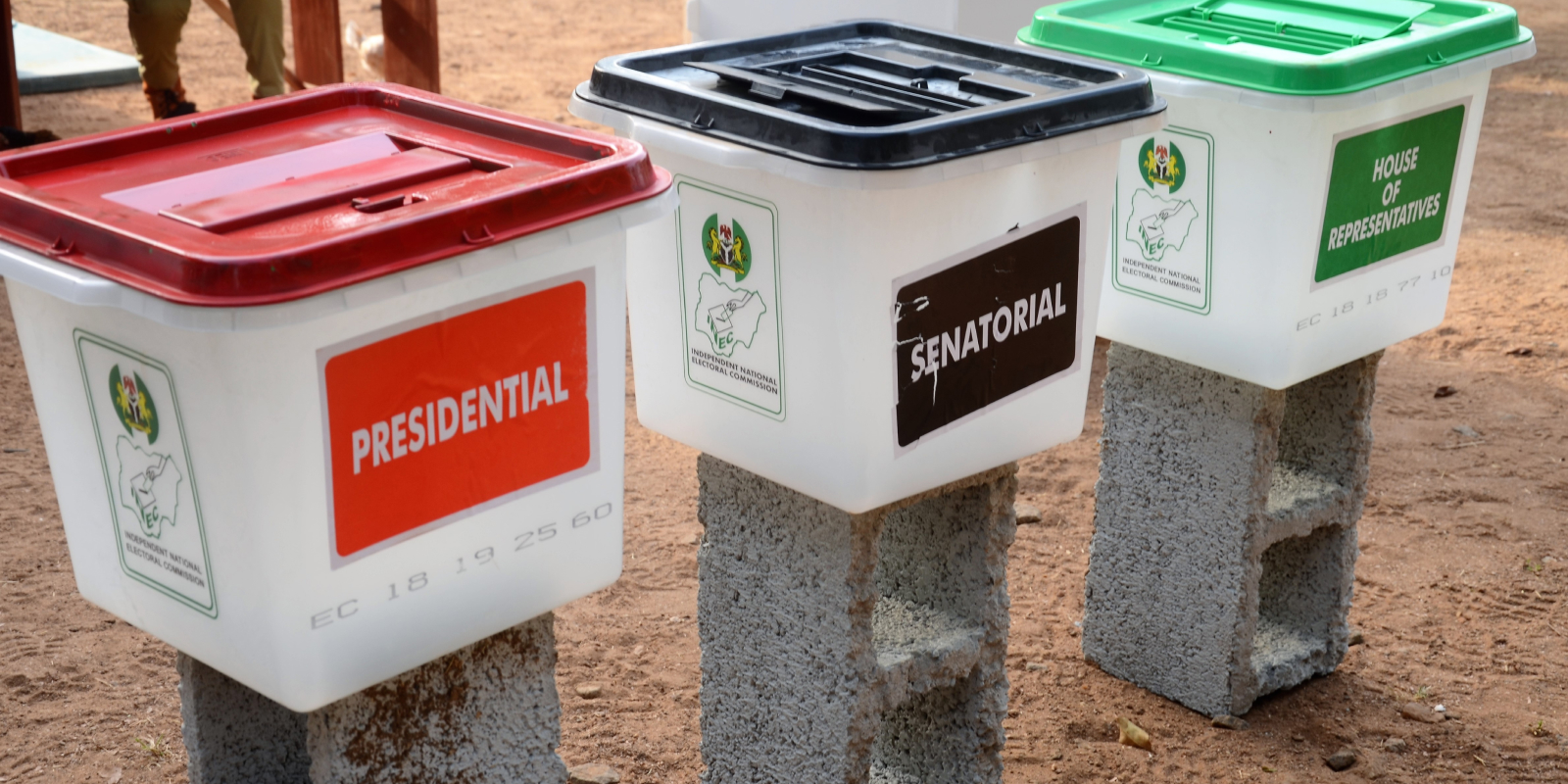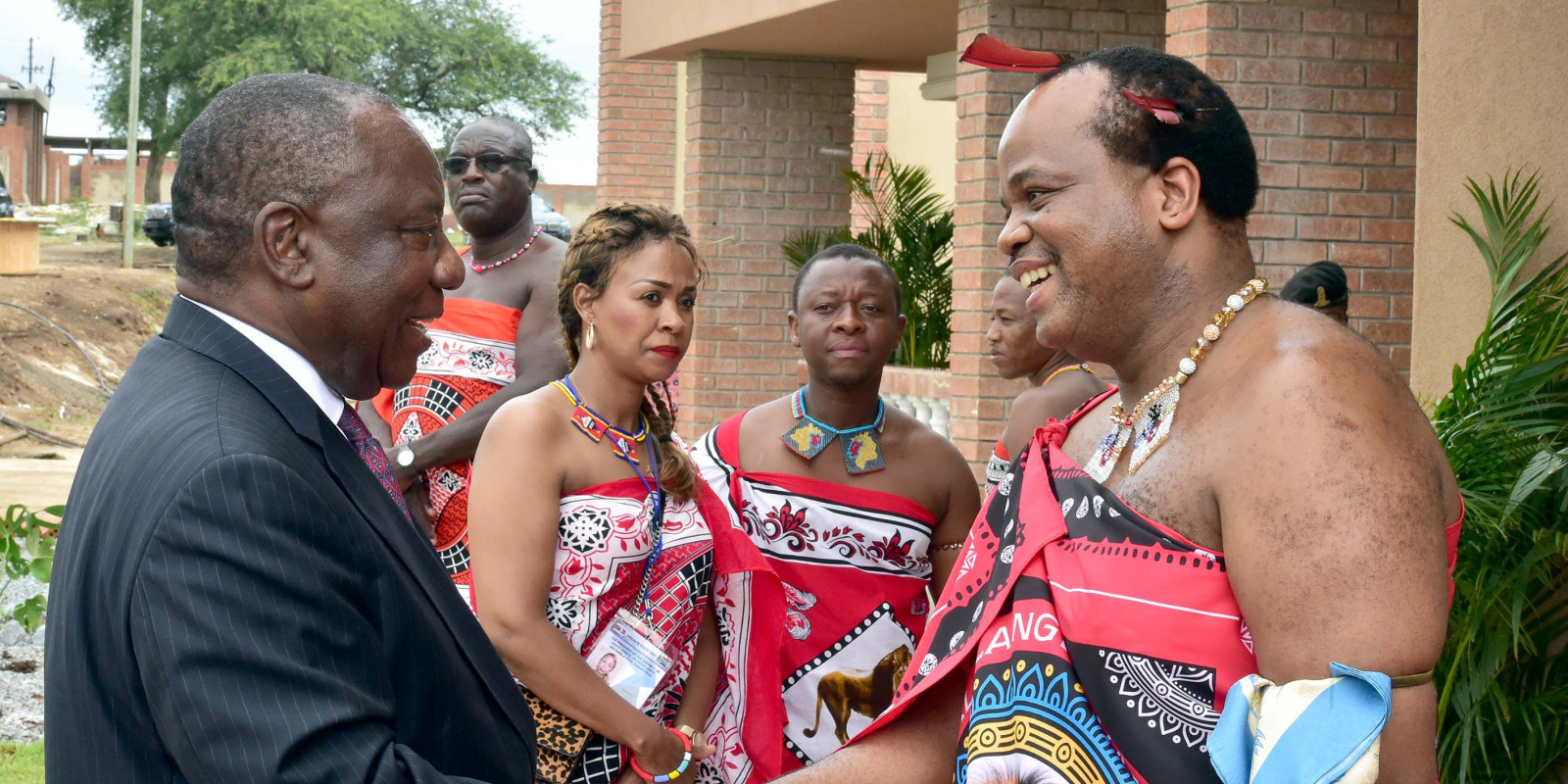We begin the first Monitor of 2023 with an article from Cedric de Coning, Research Professor at NUPI, Rui Saraiva a research fellow in the peacebuilding and humanitarian support team and Ako Muto, an executive senior research fellow both from the Japan International Cooperation Agency (JICA) Ogata Sadako Research Institute for Peace and Development. The three authors write about adaptive peacebuilding, using case studies from Colombia and Mozambique.
We then head to West Africa for our next two pieces. Mariana Llorens Zabala has written an article on the effectiveness of the Multinational Joint Task Force (MNJTF). The article looks at the objectives of the MNJTF, African Union support to the MNJTF and gives an overall assessment of the effectiveness of the task force. Staying with West Africa, Joshua O. Bolarinwa writes about the elections in Nigeria and the context under which the election is taking place.
Moving to Southern Africa, Katharine Bebington, a programme officer at ACCORD writes about Eswatini. In her article she writes about the recent murder of human rights lawyer Thulani Maseko and the upcoming elections in the Kingdom.

